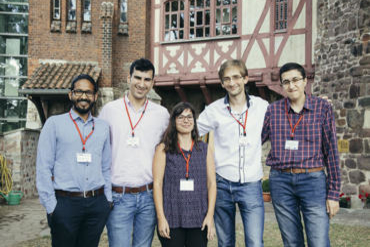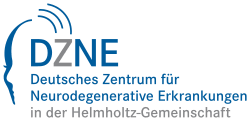Module 2
Brief description
The demographic changes in the state Saxony-Anhalt and other federal states of Germany will lead to tremendously increase of dementia disease until 2050. The increasing expectation of life displays the main risk factor of both Alzheimer’s disease and other dementia diseases. Therefore, research and development of medication for dementia patients in Saxony-Anhalt is very important. Although the molecular and cellular reasons of Alzheimer’s disease are investigated since a very long time, promising treatments are currently missing. In Alzheimer’s disease, the episodic memory, that is the ability to store personal experiences, is reduced at early stages. It is assumed that substances such as brain-derived neurotrophic factor (BDNF) and dopamine are mobilized in brains by sport leading to a delay or prevention of Dementia outbreaks. The activity-dependent distribution of dopamine on learning will be studied and evaluated by computational modelling. The information of positive activity states on learning will be used to simulate/examine the influence of pharmacological substances on network activity and to predict their benefits for the prevention of dementia diseases.





